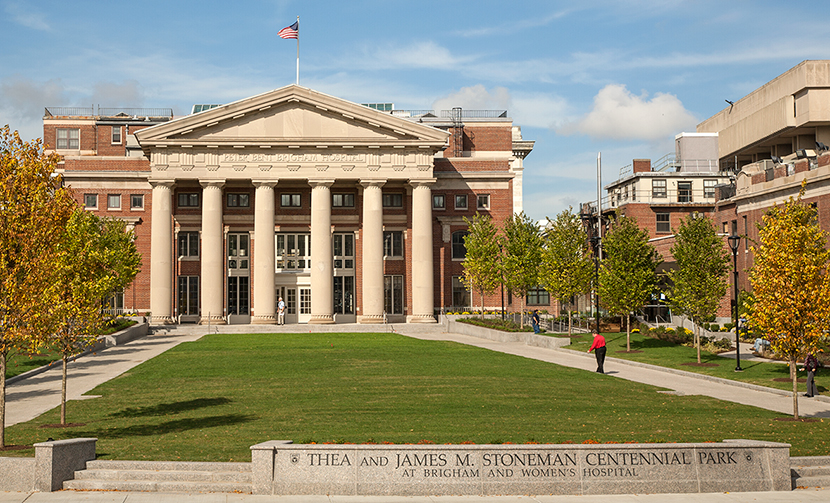76 Department of Surgery faculty members have been named “Top Doctors” by Boston Magazine this year. Congratulations to the following providers for being recognized as the best in their respective fields.

Bariatric Surgery
Neil D. Ghushe, MD
Colon & Rectal Surgery
Ronald Bleday, MD
Joel E. Goldberg, MD
Jennifer L. Irani, MD
Nelya Melnitchouk, MD, MSc
James Yoo, MD
Oral Medicine
Nathaniel S. Treister, DMD, DMSc
Herve Y. Sroussi, DMD, PhD
Sook-Bin Woo, DMD, MMSc
Otolaryngology
Donald J. Annino Jr, MD, DMD
Regan W. Bergmark, MD
Thomas L. Carroll, MD
Carleton E. Corrales, MD
Christopher D. Dwyer, MD
Laura A. Goguen, MD
Stella Lee, MD
Alice Z. Maxfield, MD
Anthony A. Prince, MD
Eleni M. Rettig, MD
Rachel E. Roditi, MD
Rosh K. Sethi, MD, MPH
Jennifer J. Shin, MD, SM
Ravindra Uppaluri, MD, PhD
Plastic Surgery
Matthew J. Carty, MD
Yoon Sun Chun, MD
Jessica Erdmann-Sager, MD
Lydia A. Helliwell, MD
Dennis P. Orgill, MD
Andrea L. Pusic, MD
Christian E. Sampson, MD (Hand Surgery)
Simon G. Talbot, MD
Surgery
Stanley W. Ashley, MD
Nancy L. Cho, MD
Gerard M. Doherty, MD
Ryan R. Gerry, MD
Kamal M. Itani, MD
Tari A. King, MD
Jason B. Liu, MD
Sayeed K. Malek, MD
Ko Un Clara Park, MD
Esther Rhei, MD
Eric G. Sheu, MD, PhD
Douglas Smink, MD, MPH
David Spector, MD
Ali Tavakkoli, MD
Ashley H. Vernon, MD
Surgical Oncology
Thomas E. Clancy, MD
Laura S. Dominici, MD
Mark Fairweather, MD
Elizabeth J Lilley, MD
Elizabeth A. Mittendorf, MD, PhD, MHCM
Faina Nakhlis, MD
Matthew A. Nehs, MD
Chandrajit P. Raut, MD, MSc
Jiping Wang, MD, PhD
Charles H. Yoon, MD, PhD
Thoracic & Cardiac Surgery
Raphael Bueno, MD
Amy E. Hackmann, MD
Ashraf Sabe, MD
Thoralf M. Sundt III, MD
George Tolis Jr, MD
Thoracic Surgery
Christopher Ducko, MD
Hassan A. Khalil, MD
Ciaran J. McNamee, MD
Steven J. Mentzer, MD
Matthew M. Rochefort, MD
Scott J. Swanson, MD
John W. Wain, MD
Jon O. Wee, MD
Daniel C. Wiener, MD
Vascular
Matthew J. Eagleton, MD
Edwin C. Gravereaux, MD
Matthew T. Menard, MD
Louis L. Nguyen, MD, MPH, MBA
C. Keith Ozaki, MD
Marcus E. Semel, MD


